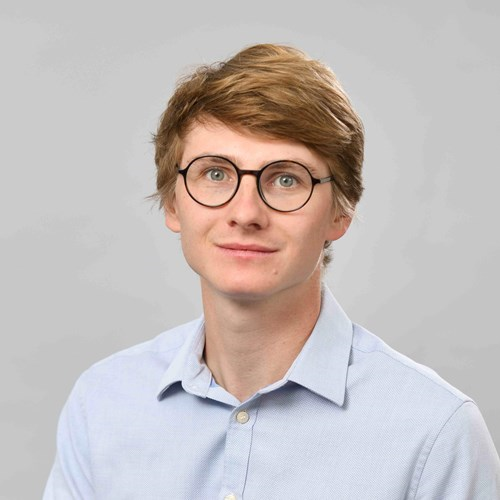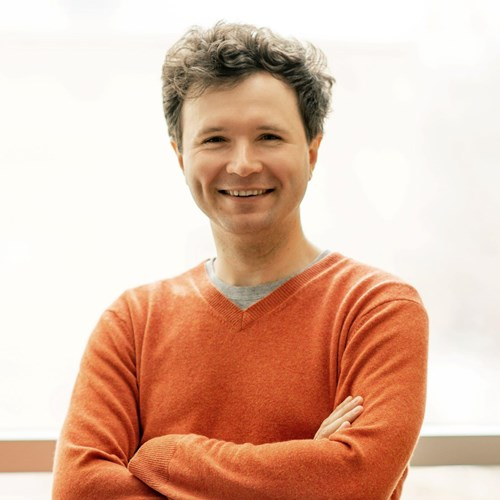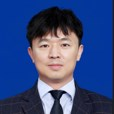The HUPO ECR Committee is delighted to showcase the finalists of the 9th annual edition of the Manuscript Competition - take a look at their short bios below:
 Dr. Johannes Bruno Müller-Reif
Dr. Johannes Bruno Müller-Reif
Max Planck Institute Of Biochemistry, Germany
Dr. Johannes Bruno Müller-Reif is a project leader and head of the Pediatric Proteomics Group at the Max Planck Institute of Biochemistry (MPIB). During his doctorate with Prof. Matthias Mann he focused on extending proteomics across the tree of life. Following his PhD, he joined the proteomics start-up OmicEra, where he significantly contributed to high-throughput proteomics methods for biomarker discovery and clinical research. Concurrently, Dr. Müller-Reif maintained a relationship with MPIB as a guest scientist, and his growing expertise led him to establish a research group with focus on the intersection of mass spectrometry-based proteomics and pediatrics. Dr. Müller-Reif’s research is multifaceted. A cornerstone of his work involves applying mass spectrometry-based proteomics to large patient cohorts to enhance biomarker discovery. In this capacity, he co-leads the MOMI cohort’s plasma proteomics efforts to address adverse pregnancy outcomes, supported by the Bill and Melinda Gates Foundation. He also focuses on the utilization of proteomics for investigating rare pediatric diseases. Furthermore, Dr. Müller-Reif pioneers the use of proteomics in specialized applications such as platelet biology and studying organisms inaccessible through conventional methods. This innovative approach not only exemplifies the practical versatility of proteomics but also ties back to his doctoral research on the proteome landscape of the kingdoms of life.
 Dr. Pavel Sinitcyn
Dr. Pavel Sinitcyn
Morgridge Institute For Research, United States
Pavel Sinitcyn is a distinguished Morgridge Interdisciplinary Postdoctoral Fellow at UW-Madison, conducting cutting edge research in the Joshua Coon lab. With a strong background in developing software solutions for proteomics data processing, Pavel has played a pivotal role in developing tools such as MaxQuant, MaxDIA, Perseus, and Deep Proteomic Sequencing Method.
 Prof. Hong Wang
Prof. Hong Wang
Institute Of Hematology & Blood Diseases Hospital, Chinese Academy Of Medical Sciences & Peking Union Medical College, China
Hong Wang got his Ph.D degree in 2017 at the University of Tennessee Health Science Center/St Jude Children’s Hospital in USA. After a continuous postdoc training and senior scientist experience at St. Jude, he joined the institute of Hematology and Blood diseases hospital, Chinese Academy of Medical Sciences & Peking Union Medical College in 2021. He is now a professor of the National Key Laboratory of Blood Science and Founding Director of the Center for Advanced Technologies.
Dr. Wang has developed multiple cutting-edge Mass Spectrometry-based proteomics technologies enabling ultradeep whole proteomic profiling with sub-microgram materials. He also developed advanced bioinformatics pipelines for multi-omics integration. He has published several high impact research articles on prestigious journals as corresponding/first authors in the last five years, e.g. Immunity, Cancer Cell, Nature Communications, PNAS, Genome Biology and Molecular Neurodegeneration. His research interests including: 1, to develop high-throughput single-cell and single-cell type proteomics technologies; 2, to use advanced multi-omics integrative strategies to dissect the blood ecosystems in systematic diseases.


.png)